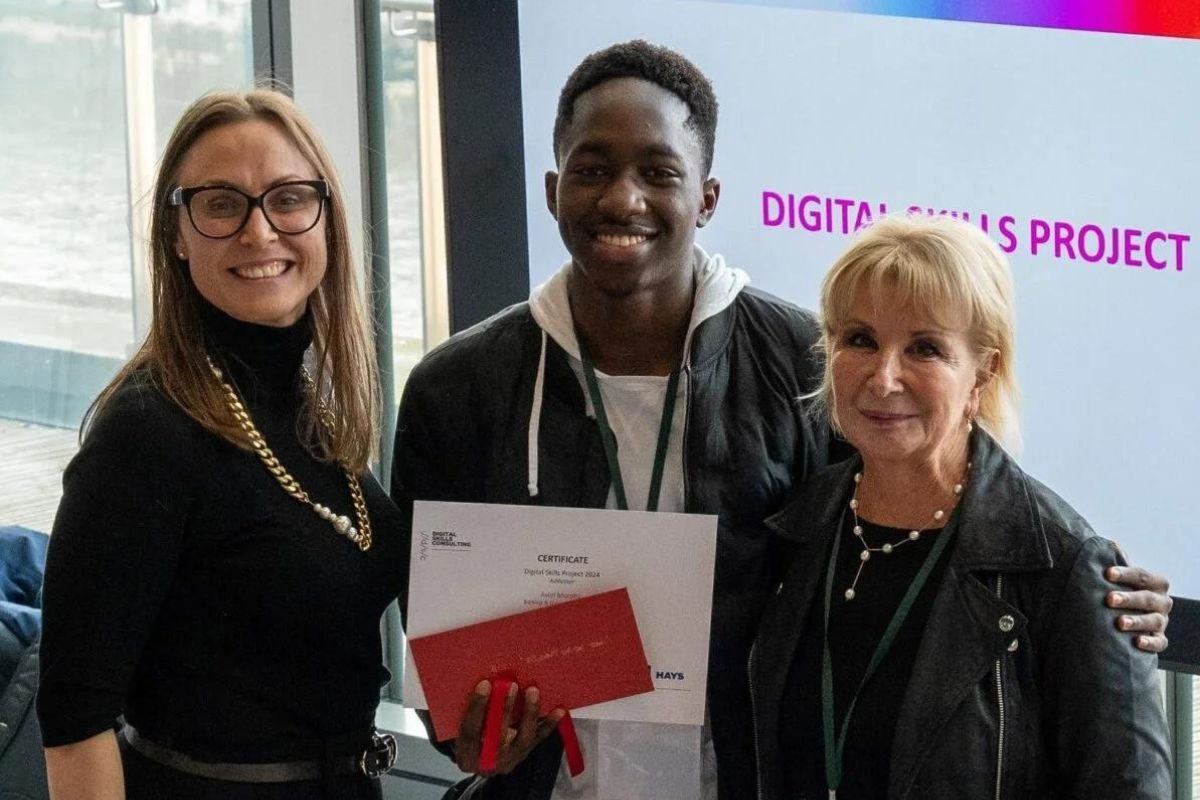Higher Education’s transformation is just getting started. Who will lead it?

Higher education is facing an unprecedented period of change and transformation.
The pandemic has triggered irreversible shifts in the ways we teach and learn, and subsequently how higher education is commercialised and marketed.
At Anderson Quigley, I specialise in recruiting senior public sector leaders who can deliver sustainable change and shape organisations for the future.
The clients I serve in higher education are now coming to me with the same question:
Who should lead us through this period of change and transformation?
This is a crucial question all universities should now be asking themselves – and the answer may surprise us all.
Who should lead higher education’s digital transformation?
Higher education hasn’t gone through a huge amount of change in the last decade, therefore the best candidates to drive this period of transformation are often found outside our sector, in markets where high levels of competition and innovation are rife.
There are, of course, certain leadership roles that do not benefit from outside sector experience. Academic positions, of course, but also positions such as Directors of Admissions where a historic knowledge of higher education and a strong understanding of the student cycle is important to function most efficiently. But in other areas, universities can benefit hugely from bringing in seasoned interim managers from highly competitive, cutting-edge markets and applying their experience to the world of higher education.
Change in Target Operating Model Specialists
The pandemic has dramatically altered how we learn, and two years on we are beginning to see how the higher education sector has changed, perhaps permanently. Online learning and hybrid models are now mainstream. Big lecture halls are going unused. The student experience is markedly different from the pre-Covid model, and it has caused institutions and undergrads alike to ask, what does this experience offer, and what is its value?
Every university is now having to examine how they operate at the most fundamental levels, which is triggering a sector-wide transformation of target operating models for professional services.
The title is technical, but the core function of TOM specialists is to enable an effective transformation. Specialists in this space are experts in unpacking institutions’ existing models to improve internal efficiencies, overhaul digital systems and integrate new customer-centric strategies – and this does not necessarily require deep knowledge of HE.
Directors of Transformation
The ways in which students are engaging with their university is evolving rapidly, primarily in a digital sense. Where it was once enough to rely on the strength of your brand, UK institutions now need to be much more competitive and interact with prospective students in the same way they interact with other businesses and services – through their phones and social media.
If we are trying to improve the student experience and make it more customer-centric, it makes sense to pull talent from other sectors that are also customer-centric – for example, retail or social housing.
When a client comes to me looking for a Transformation Director, I focus on the outcomes they want to achieve rather than the specific type of profile they think they need. I encourage my clients to talk to me about what ‘good’ looks like in six months’ time – and then stretch this to what ‘great’ looks like.
When you get a client thinking in this way, you’re able to clearly see their vision for change, which allows me to expand their search to a broader range of candidates across different sectors who have a track record of delivering this type of change.
If a candidate has completed a remarkable digital transformation for a commercial company or a public sector organisation, universities have every reason to look at those skill sets and consider how they might be applied to their own transformation agenda.
Workforce Transformation Directors
When a company – or indeed an entire sector – goes through a period of transformation, a crucial driver of success rests in your employees’ willingness to get on board. Workforce Transformation Directors are incredibly good at creating a narrative that encourages staff to come on the journey of change.
For a team that has been operating in the same way for several years, it can be extremely challenging to convince those individuals to change. For this reason, I often find success in placing interim managers in these roles who come from outside higher education to instil that narrative and inspire a shift forward.
Finding the best leaders to drive sustainable change
Fear may have been a barrier to change in the past, but Covid has been a remarkable catalyst to push leaders to change and innovate – there simply isn’t the time to slow progress.
If an organisation is serious about transformation, they need to invest in the right skillset to deliver those changes most efficiently and within the right time frame – and there is a whole world of talented people who have done something similar. They may not know the ins and outs of the HE sector, but they have the broader transformation experience and way of thinking, and the specificities of the sector is something that can be taught.
Our sector now has a remarkable opportunity to innovate and build new processes. We should open up our sector to the people who can deliver the very best of these solutions – or we risk being left behind.
Claire Carter, Partner at executive search firm Anderson Quigley
Claire has supported the Public Sector for over 20 years, providing interim and consultancy solutions to universities, housing associations, local authorities and the NHS. Her speciality is connecting her clients with flexible talent that helps deliver sustainable change, shaping organisations for the future and improving financial and operational outcomes. Claire has built an impressive track record with public sector leaders and helped many organisations identify the right solution in time-critical situations.












Responses